In health and fitness circles, nothing has grabbed more attention in 2025 than the high-protein diet trend. From weight loss to recovery, focus, and metabolic health, protein is earning its reputation as a macronutrient powerhouse with benefits backed by science.
This guide explores what makes high-protein diets so effective, how to incorporate them safely, the best food sources, and practical meal ideas for health and performance.
📌 Why Protein Matters
Protein is essential for:
- Muscle repair and growth
- Hormone and enzyme production
- Skin, hair, and nail health
- Satiety and metabolic regulation
- Immune system function
A higher protein intake can reduce cravings, boost strength, and support lean body composition when paired with smart lifestyle habits.
💪 Science-Backed Benefits of a High-Protein Diet
- Boosted Metabolism
Digesting protein burns more calories—a phenomenon called the thermic effect of food (TEF). - Appetite Control
Protein promotes satiety by influencing hunger hormones like ghrelin and leptin, making it easier to manage weight. - Lean Muscle Preservation
Especially during calorie deficits, getting enough protein helps retain muscle mass and preserve strength. - Improved Bone Health
Adequate protein—along with exercise—supports bone density and reduces fracture risk with age. - Better Blood Sugar Regulation
Adding protein to meals slows digestion of carbs and prevents insulin spikes.
🥩 Best High‑Protein Foods to Include
Include a variety of whole‑food sources to ensure nutrition completeness:
✅ Animal-Based Sources
- Lean meats (chicken, turkey, lean beef)
- Fish and seafood (salmon, tuna, shrimp)
- Eggs and egg whites
- Dairy: Greek yogurt, cottage cheese, low-fat milk
✅ Plant-Based Sources
- Legumes: lentils, chickpeas, black beans
- Quinoa, tofu, tempeh, edamame
- Nuts and seeds: almonds, chia, hemp
- Plant protein powders (pea, rice, soy)
✅ Protein-Rich Snacks
- Greek yogurt with berries
- Hard-boiled eggs
- Cottage cheese with fruit
- Homemade protein bars or energy balls
- Jerky or smoked paneer
📊 How Much Protein? Finding Your Optimal Intake
Your ideal protein intake depends on your goals:
- General wellness: ~0.8–1.0 g/kg body weight
- Weight loss: ~1.2–1.6 g/kg
- Athletic performance: ~1.6–2.2 g/kg per day
Spread intake evenly across meals to maximize muscle protein synthesis and optimize satiety.
🥗 Sample 1-Day High‑Protein Meal Plan
Breakfast
Egg-white omelet with spinach and mushrooms, Greek yogurt with berries
Lunch
Grilled chicken breast salad with quinoa, avocado, and mixed greens
Snack
Handful of almonds + small whey or pea-protein shake
Dinner
Baked salmon with steamed broccoli, wild rice, and a side of lentils
Evening Snack
Cottage cheese with chia seeds or an apple with nut butter
⚖️ Balancing Protein with Health & Sustainability
High protein doesn’t mean ignoring balance:
- Pair protein with fiber-rich carbs and healthy fats
- Choose lean cuts and fatty fish over processed meats
- Opt for sustainably sourced or plant-based proteins
- Stay hydrated — protein metabolism requires water
- Monitor kidney health if you have existing kidney conditions
🍀 High-Protein Diet: Tips for Success
- Diversify protein sources to cover all essential amino acids
- Track intake for a few days to understand your baseline
- Plan meals ahead to maintain consistency
- Leverage protein timing: include some protein in snacks and post-workout meals
- Pair with resistance training to maximize muscle benefits
🔎 Potential Risks & Myths
- Myth: “High protein harms kidneys” — not unless pre-existing kidney issues exist, protein within recommended ranges is safe for most.
- Myth: “More protein is always better” — too much can displace other nutrients and strain digestion.
- Truth: Excess protein without exercise can convert into fat or burden metabolism.
🏋️♂️ Real-World Examples: Protein in Action
- Athletes and bodybuilders regularly consume ~2 g/kg protein to optimize muscle gain and recovery.
- Weight-loss studies consistently show that high-protein diets help preserve lean mass while shedding fat.
- Celebrity trends: high-protein snacks endorsed by fitness influencers drive both performance and satiety culture among wellness communities.
🧾 Final Thoughts
The high-protein diet trend is more than fleeting—it’s a science-backed formula for better health, strength, and body composition. Whether your goal is weight loss, athletic performance, or general well-being, strategically increasing protein can support your journey—when done thoughtfully.
Looking for specific recipes, protein product reviews, or meal prep guides? Just say the word!

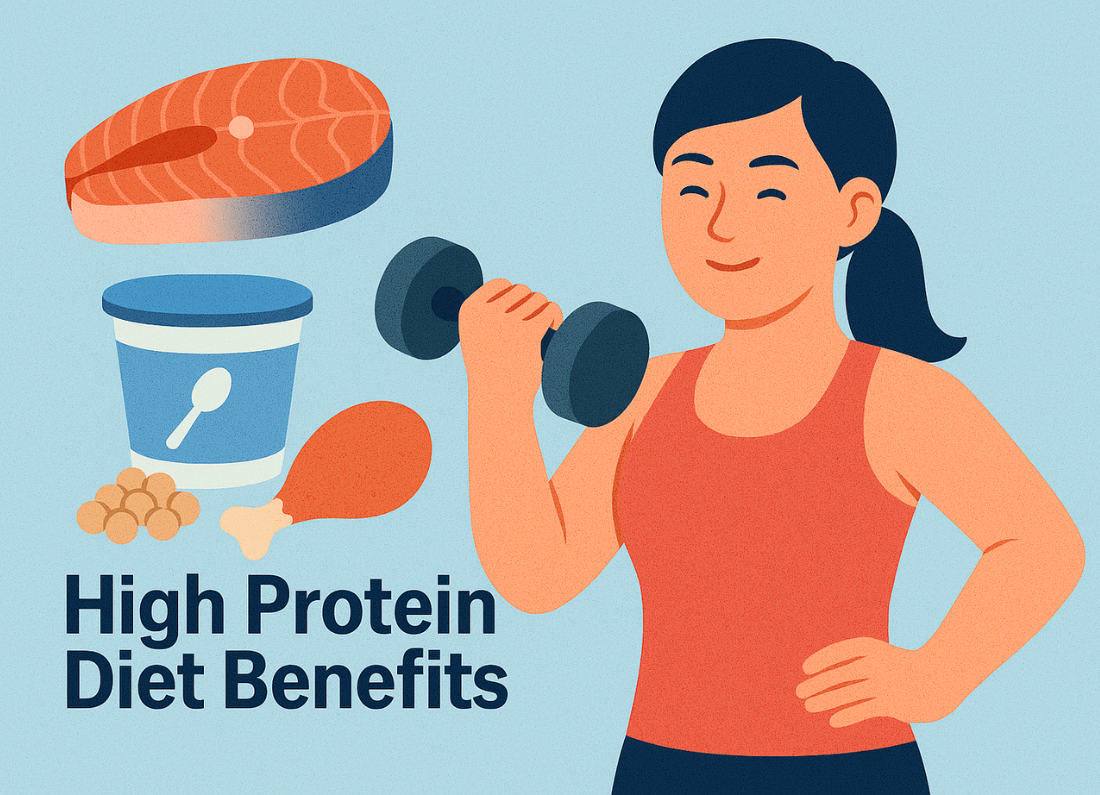

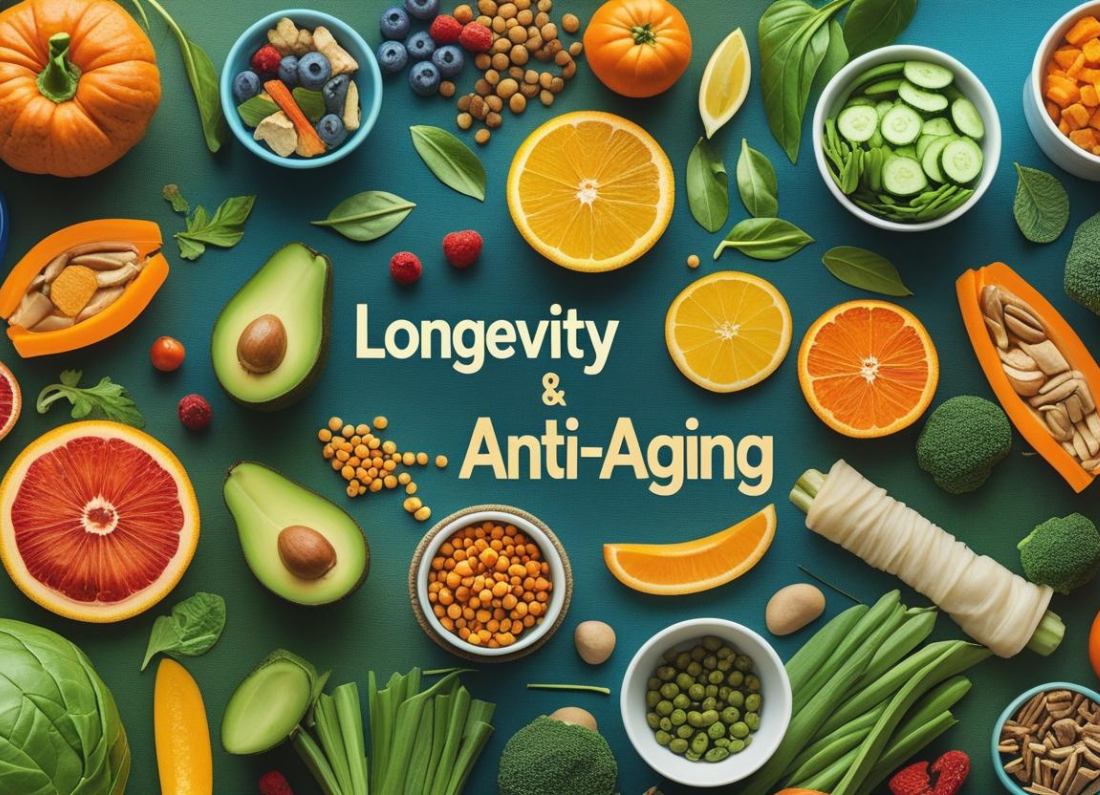
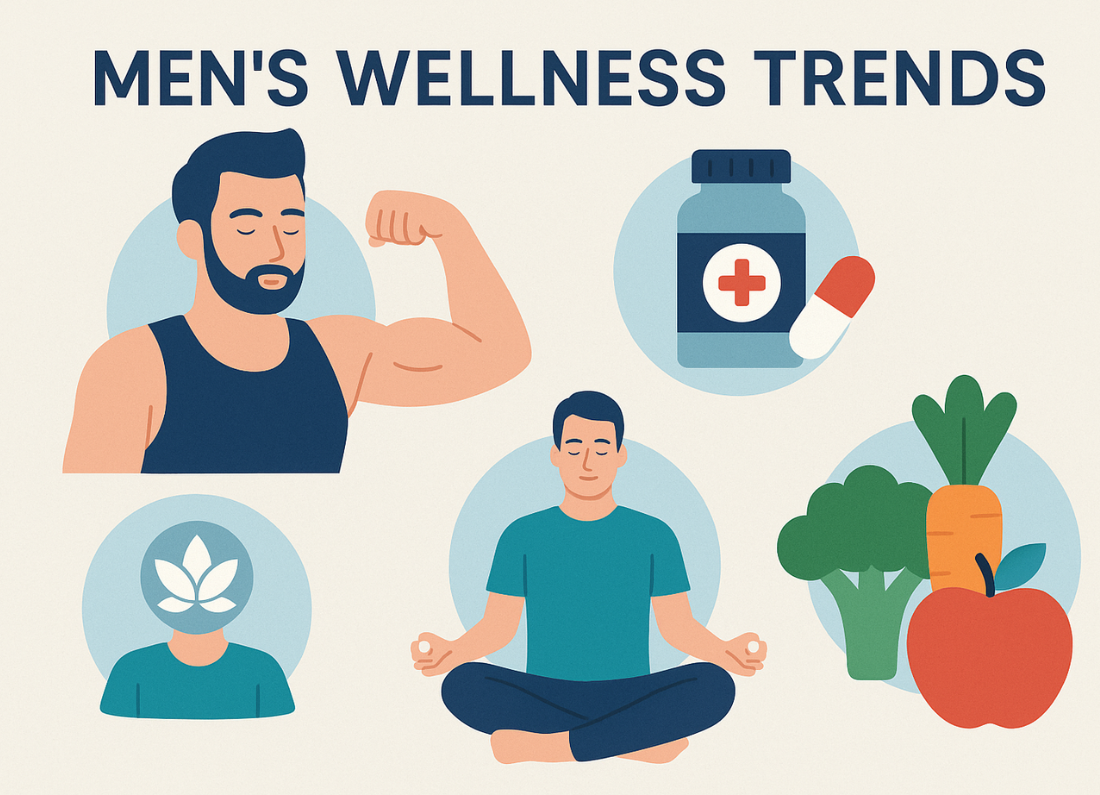

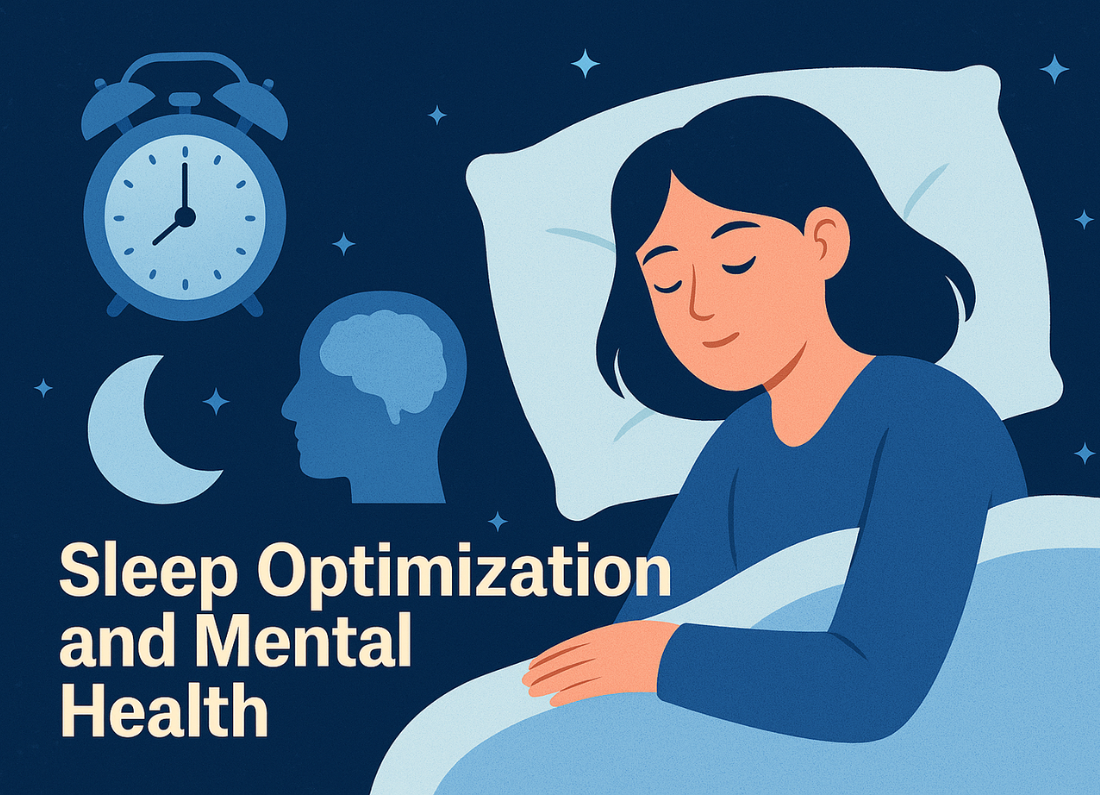

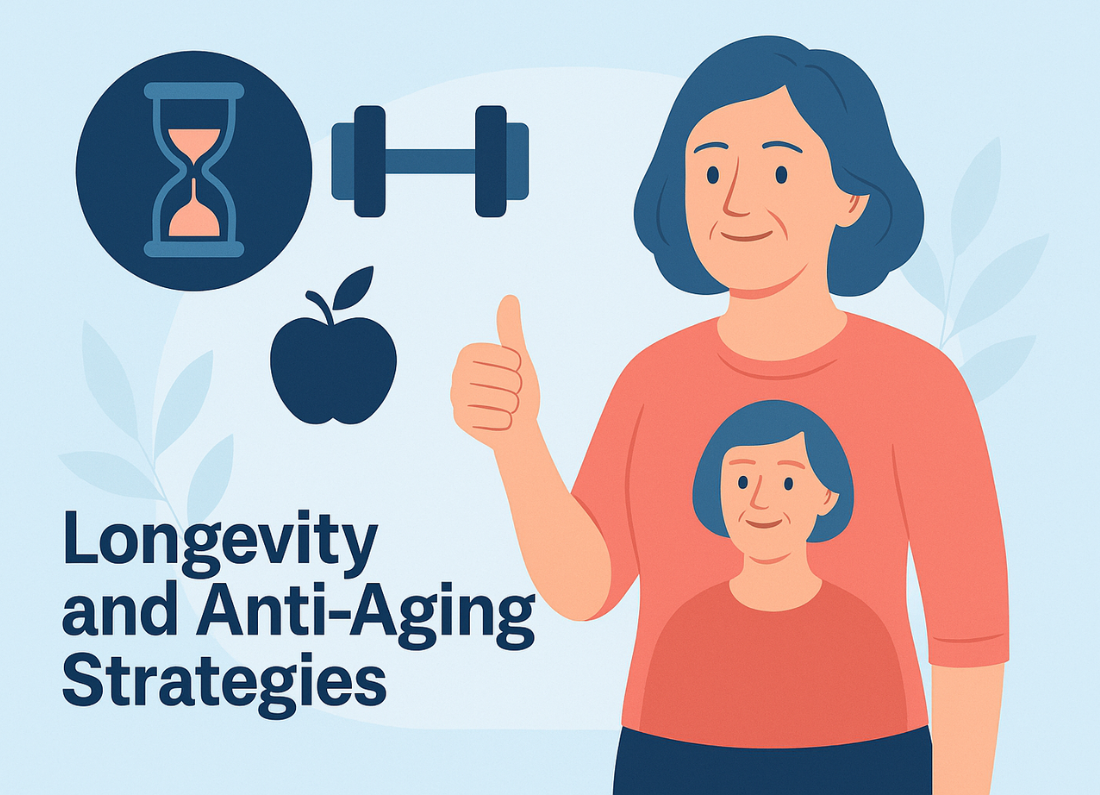
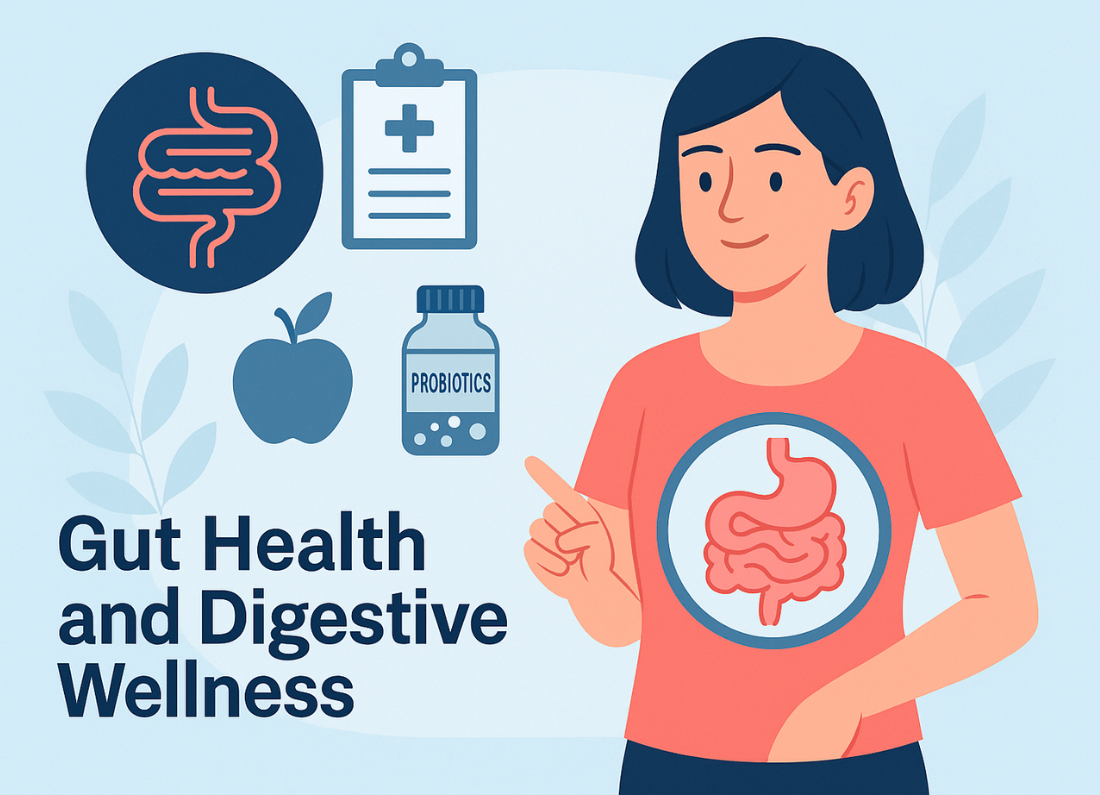





Leave a Reply